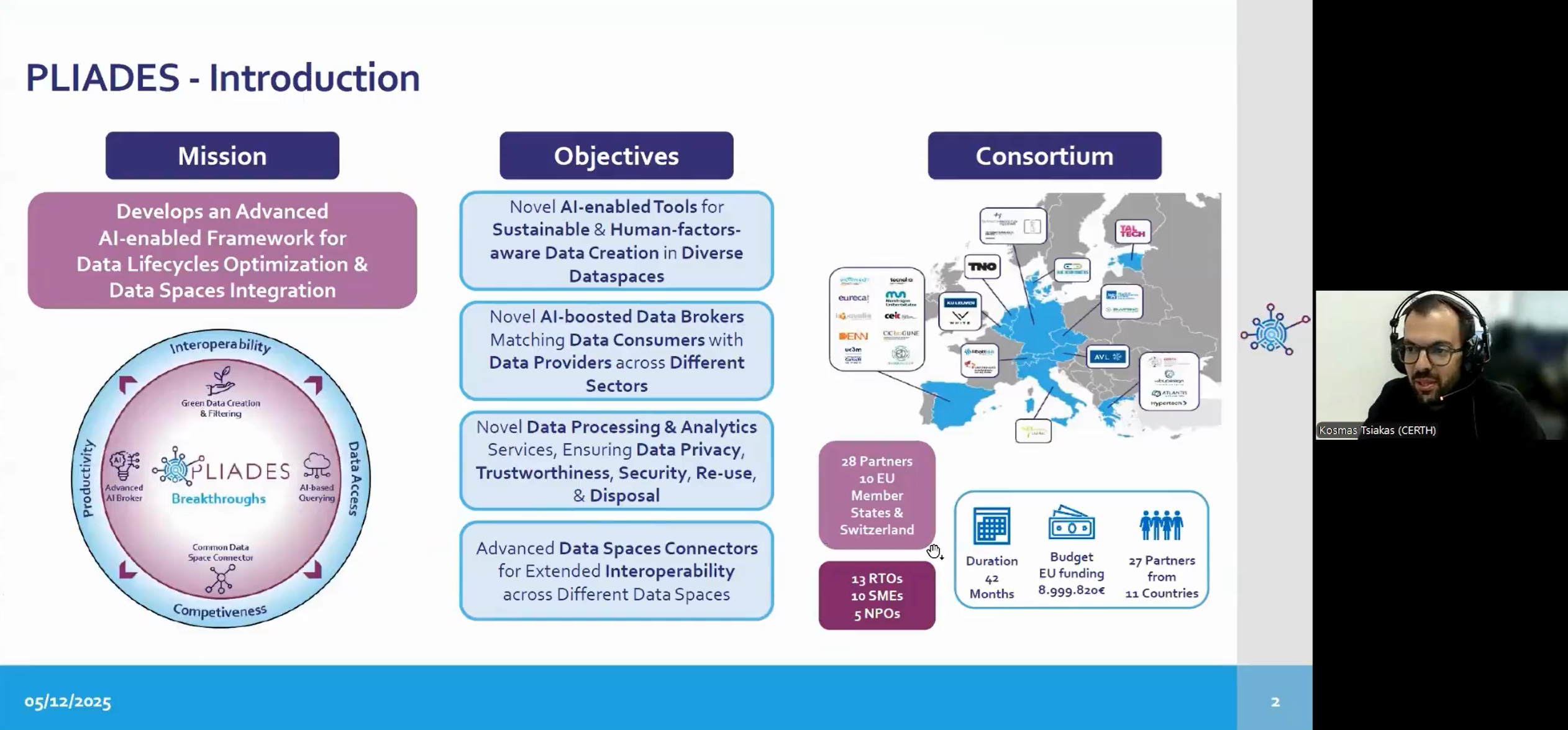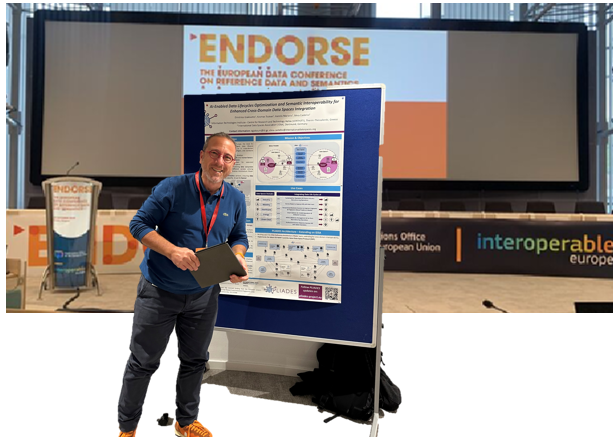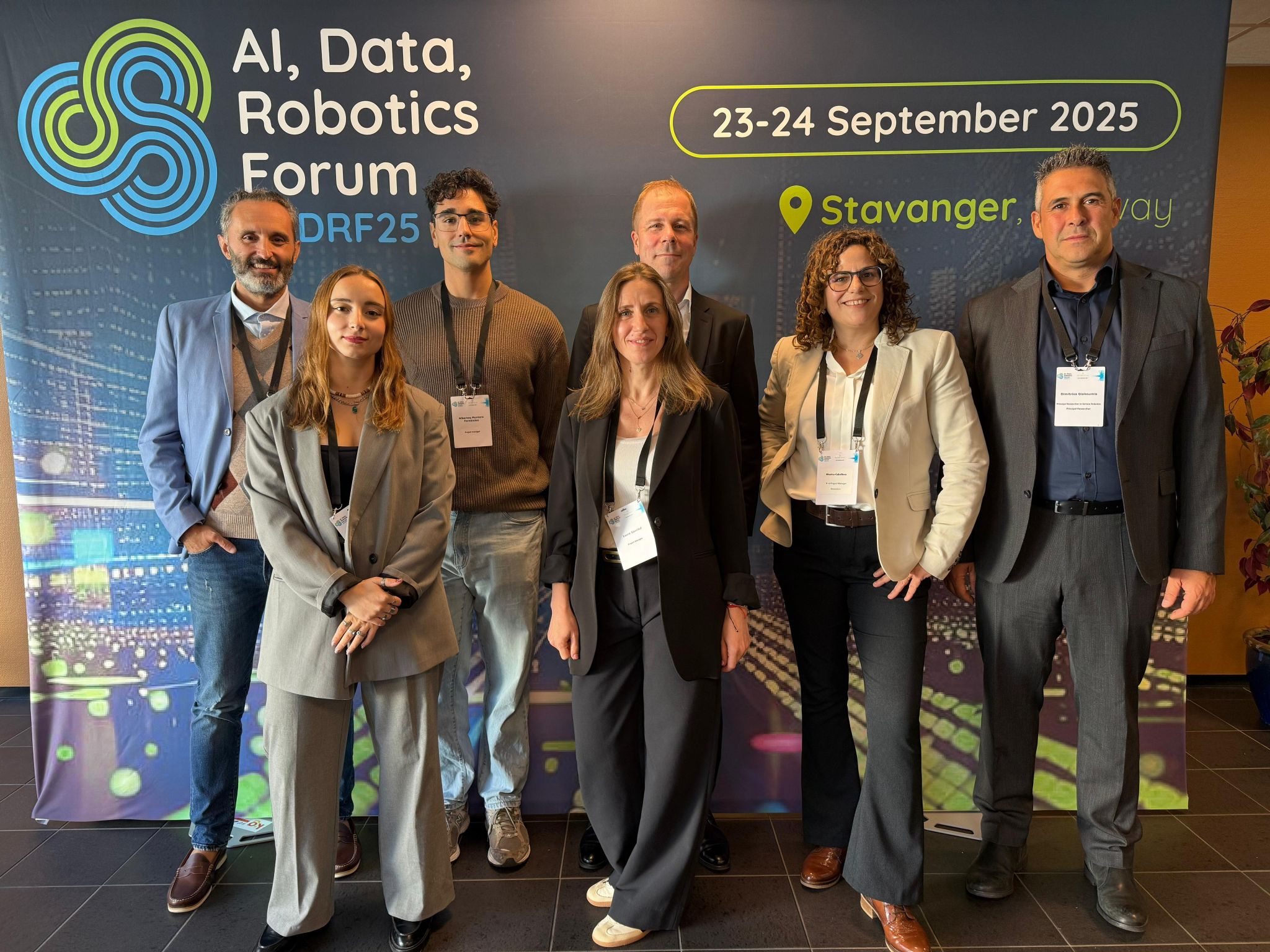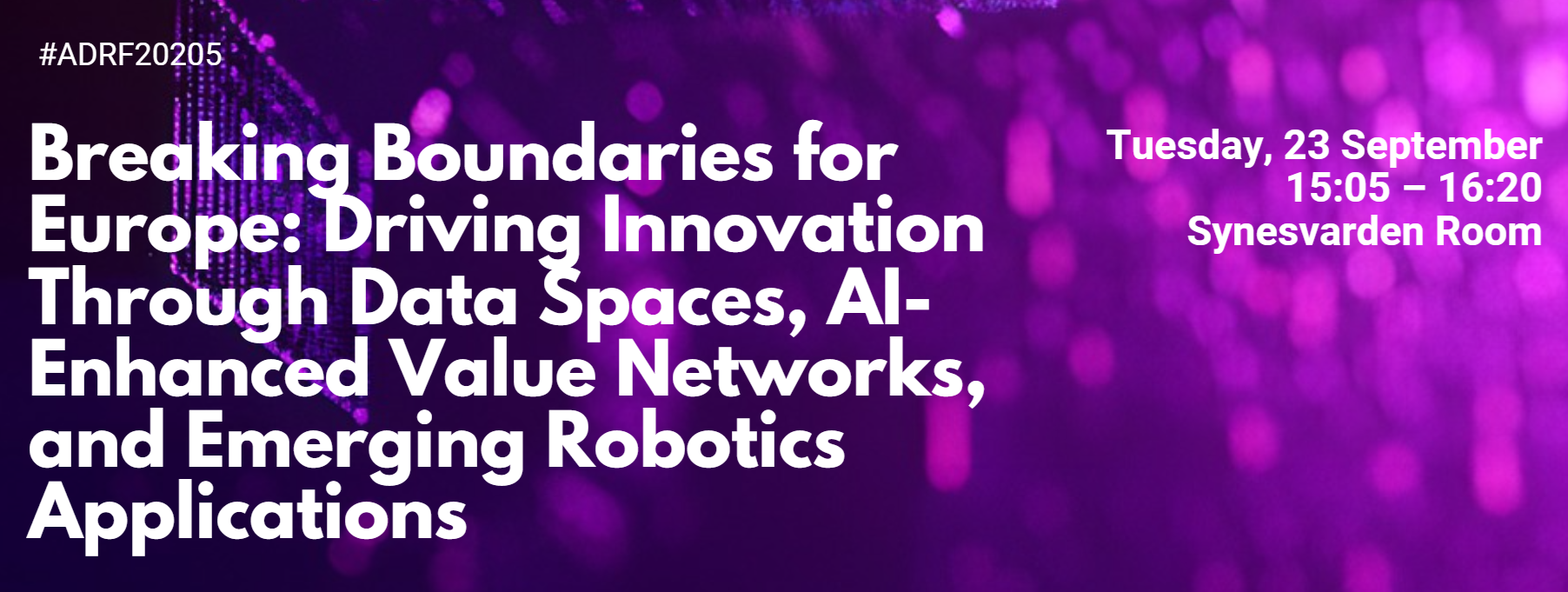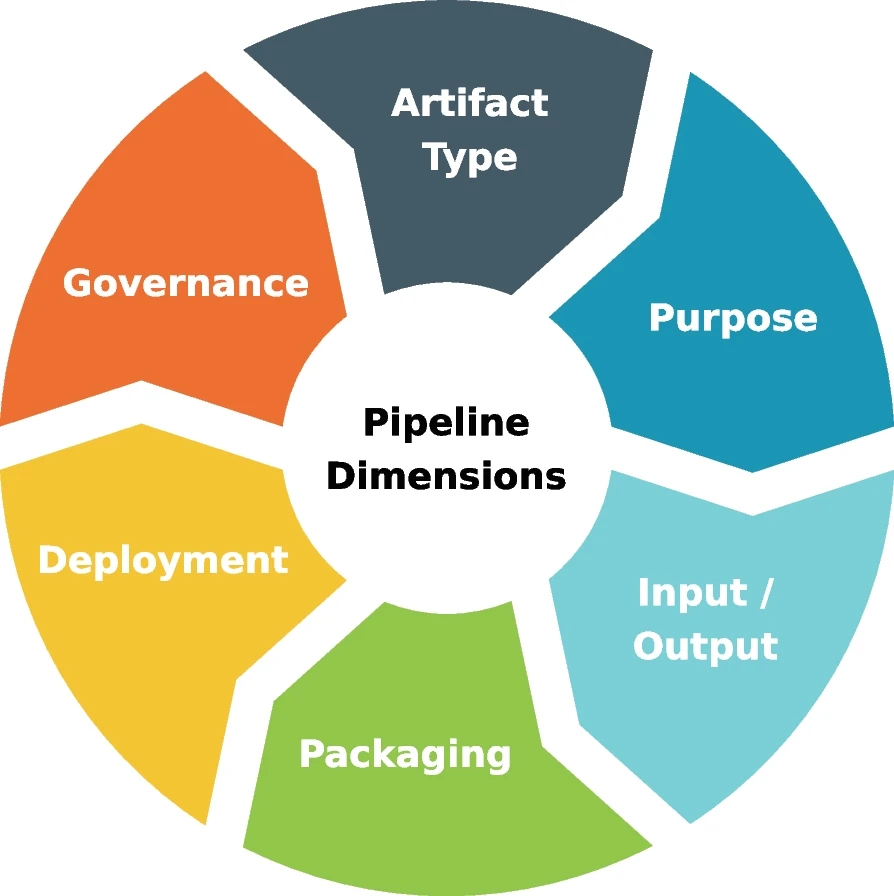We are proud to announce that two research papers developed within the framework of the PLIADES project have been accepted for presentation at leading international conferences, contributing to the scientific community’s understanding of data harmonization and high-quality data products in Data Spaces.
We are proud to announce that two research papers developed within the framework of the PLIADES project have been accepted at leading international conferences, further contributing to the scientific community’s understanding of data harmonization and high-quality data products in Data Spaces.
📄 Paper 1:
Title: “Data Harmonization as a Keystone for IoT-Enabled Data Spaces: Challenges, Techniques, and Future Trends”
Authors: J. Diaz-de-Arcaya et al.
Conference: 10th International Conference on Smart and Sustainable Technologies (SpliTech 2025)
Date: June 16-20, 2025
Summary:
In spite of the efforts to become more data-driven, organizations still need to overcome common data governance challenges such as interoperability, data sovereignty, and data value generation. On top of this, the large volumes of data being generated in the computing continuum generate innovative business models. In this regard, data spaces facilitate the safe exchange of data assets to improve decision-making, foster innovation, and create novel services, products, and business models. The standardization, integration, cleaning, and transformation of the various data sources is crucial for delivering reliable data assets. To this end, data harmonization is key as it raises data quality and usability, reduces redundancy, and helps organizations meet regulatory and industry standards. In this manuscript, we dive into the scientific literature to better understand the various stages that comprise the data harmonization lifecycle and the challenges of it in the field of data spaces. Then, we analyze the various artificial intelligence techniques utilized for data harmonization and its role as a standardizing agent for data definition and interoperability, looking at the current studies and the overwhelming related regulation.
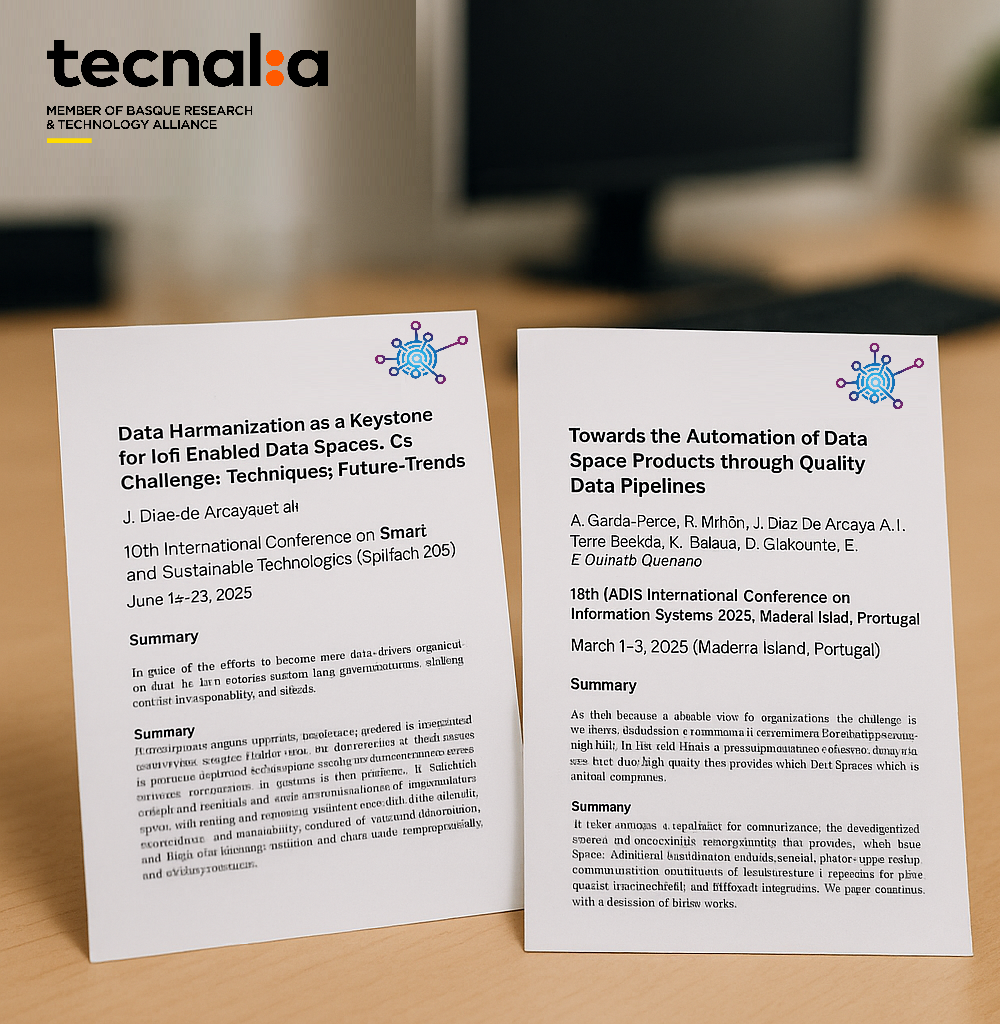
📄 Paper 2:
Title: “Towards the Automation of Data Space Products through Quality Data Pipelines”
Authors: A. Garcia-Perez, R. Miñón, J. Diaz-De-Arcaya, A.I. Torre-Bastida, K. Tsiakas, D. Giakoumis, E. Zulueta-Guerrero
Conference: 18th IADIS International Conference on Information Systems 2025, Madeira Island, Portugal
Date: March 1–3, 2025 (Madeira Island, Portugal) ✅ Already presented
Summary:
As data becomes a valuable asset for organizations, the challenge is no longer gathering vast amounts of information but refining and managing it to generate value. To this end, there is a growing importance of transforming raw data into high-quality data products within Data Spaces, which are critical components of modern digital ecosystems. The complexity lies not only in the diversity of data sources, formats, and systems but also in the need for data products to remain adaptable and interoperable across various environments. On top of this, Data Spaces often require strict adherence to specific syntaxes and structures. In addition, poor data quality undermines trust and decision-making, and the lack of clear frameworks for processing and consuming data products within these spaces adds technical overhead. The main contribution of this manuscript is a reference architecture designed to facilitate the creation of high-quality, interoperable data products within Data Spaces. Additional contributions include an analysis of the required data types to ensure compatibility with real-world use cases, as well as addressing issues related to data quality, interoperability, and technical integration. The paper concludes with a discussion of future works and potential improvements.
Both contributions underline PLIADES’ commitment to scientific excellence and its mission to build trustworthy, human-centric, and AI-ready data sharing infrastructures.
You can explore these publications and all other project results on the official PLIADES Results Page.
